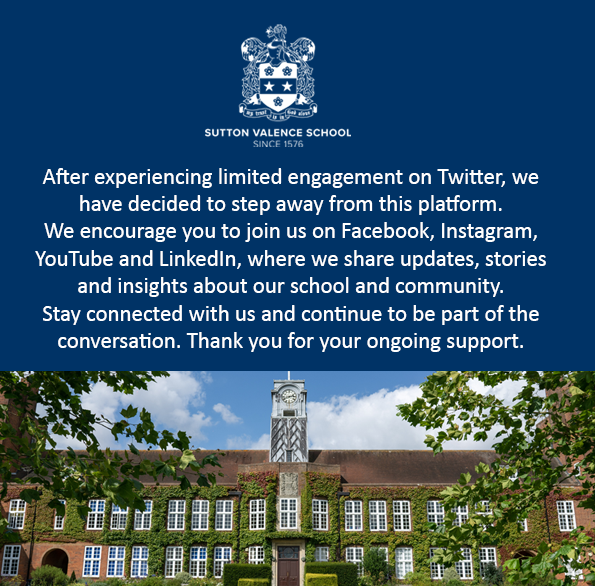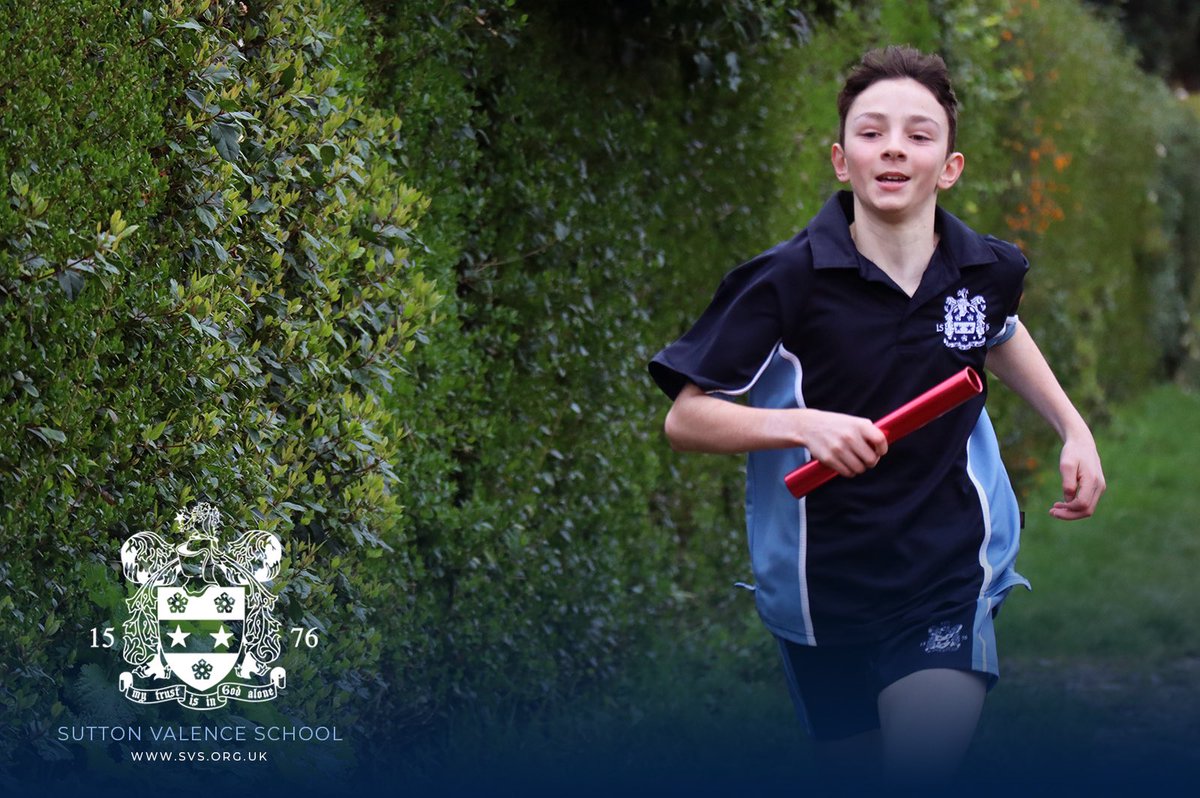On Thursday 3rd March, as part of the Kingdon Society, Professor Andrew Linn gave a talk on linguistics. Phoebe Connell (Fifth Form) wrote a review of this lecture which can be read below:
‘As part of the Kingdon Society, we were fortunate to have Professor Andrew Linn talk to academic scholars, parents, and other intellectually curious students about his passion – linguistics. As one of the leading linguistics experts, Professor Linn’s lecture did not disappoint in expanding our horizons on the complexity of language and the way we speak.
To lead into the talk, we were introduced to the numerous categories of linguistics to be studied – theoretical linguistics, interdisciplinary linguistics, and applied linguistics. The extent of the topic is extraordinary and the way in which Professor Linn has dedicated his life to this study is admirable.
He covered a vast range of interesting points during the lecture, from the wittily and commendably recited phonetic alphabet, to discussions of how each different vowel, consonant and sound resonates at various areas in our mouth and throat; with a mention of the noise representing a kiss, causing murmurs of laughter through the theatre. A special talent of men was unveiled, as the ability to speak in falsetto… a gift not possessed by women!
A point of discussion was the international phonetic alphabet, which displayed how the number of letters in the English language exceeds 26, with many people unaware of the multiple extra sounds and combinations of characters that contribute to a total of 107 letters, 31 diacritics and 19 suprasegmentals.
With occasional references to his knowledge of Norwegian, we were able to witness how his linguistic passion can be integrated into other areas of study. A more surprising element of the subject was how significantly science contributes to the study of linguistics. Furthermore, we were logically contested as we covered phonetics, phonology and phonotactic rules.
An intellectually sparking talk that challenged the familiarity and comprehension of our everyday verbal communications.’
Phoebe Connell





